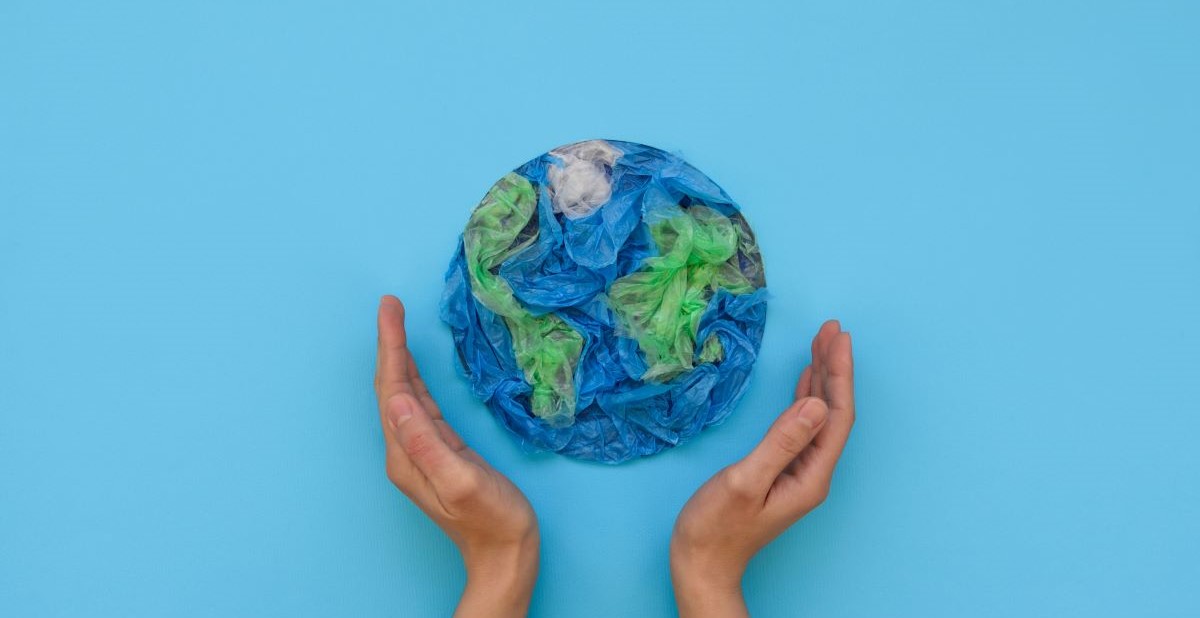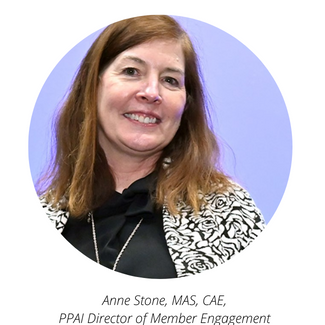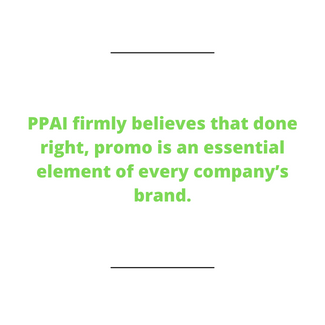Seven Ways To Defeat An Existential Threat To Promo

We are all aware of negative articles focused on our industry and the perception that promo is wasteful. The three Rs of recycling (reduce, reuse, recycle) have been updated to the 5 Rs – refuse, reduce, reuse, repair, recycle.
It is the first R, refuse, that I believe presents an existential threat to our industry.
PPAI firmly believes that done right, promo is an essential element of every company’s brand. We have made sustainability a key component of our strategic plan and are committed as an association to learn, do and teach. We will learn what we must do to be more sustainable, put it into practice internally and then share best practices with the industry.
I take comfort in knowing the promotional products industry is not alone in its journey toward a more sustainable future but am taken aback by how little progress is being made on a global scale.

Do you know that only 40% of waste in the United States is recycled, composted or processed through methods not involving landfilling or incineration?
There are over 3,000 active landfills in the United States and another 10,000 landfills that are no longer operational. Landfills, which establish the third largest human-caused source of methane, account for 11% of global methane emissions.
Besides landfills, much of the waste goes into the ocean. Eight million tons of plastic waste end up in the world’s oceans every year. That is the equivalent of dumping a garbage truck into the ocean every minute. Diversion methods provide solutions to the waste problem, but not without presenting their challenges.
Much of the problem stems from our linear economy that entails taking, making, consuming and disposing of resources. Ideally, we can evolve to a circular economy that invests in technologies related to material science product design, recycling and manufacturing that leads to zero waste, “closed loop” systems in which resources are not wasted. Another description of this model prioritizes products that are “made to be made again.”
There are a variety of environmental, health and social problems relating to air and water pollution, soil contamination, habitat destruction and human rights concerns caused by the most popular methods for discarding waste in the U.S. and globally.

Promotional products companies and their clients are also demanding solutions to the myriad problems associated with waste.
As Seth Godin stated in The Climate Almanac, systemic problems demand systemic solutions. Collectively, this is our opportunity to start thinking about promo differently. So, what can we do?
- Examine your product line/product selection. There may be opportunities to provide more sustainable products and highlight them to your customers. Reduce the number of single-use items you offer and focus on products that may not be sustainable but will be kept and used for years to come, avoiding the landfills.
- Use sustainable packaging. Use packaging that is both recycled and recyclable. Eliminate excessive packaging to minimize the product’s footprint.
- Switch to eco-responsible shipping methods and use the lightest possible packaging.
- Provide end-of-life solutions to consumers. Consider introducing take-back programs that will allow your customers to return the products to you for reuse or recycling.
- Educate your clients. Tell the story about your products and how careful promo selection can elevate the client’s image.
- Build a dedicated Green Team to review your internal programs and environmental footprint. Implement an internal waste management program and start working toward publishing your own sustainability score.
- Examine your claims. Greenwashing is dangerous business. Avoid making wild claims. It is essential that you back your claims with data.
Finally, do not allow perfection to be the enemy of progress. The simple, first steps can be the most important in starting this journey.
Stone is the director of member engagement at PPAI.

